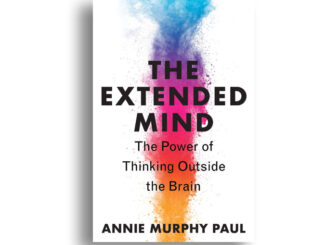Martin Raymond is a Co-founder of The Future Laboratory, journalist and considered one of the world’s leading futurists. In this Luminaries podcast interview Kay Corry Aubrey spoke with Raymond about the critical role of the human researcher in foresight research as we enter an age dominated by artificial intelligence. The Future Laboratory’s work is truly human centered. Raymond describes how his team identifies trends by finding and connecting with people who are the true innovators in a field, and how they use qualitative research, scenario planning, and storytelling to build frameworks to flesh out future trends
Related Articles

From the Editor in Chief – Winter 2021-22
Winter is coming! Yikes, did I just start off this column with a clichéd Game of Thrones reference? Just like winter came for the house of Frey (thank you, Arya Stark), winter has come for me as well. Two years ago, I took over the editor-in-chief position from Jenifer Hartt, which means that this winter’s edition will be my last. It’s time to pass the torch (or snow shovel as the case may be) to someone willing and capable. That someone is (drumroll please) Tamara Kenworthy. This of course means that VIEWS is in great hands. […]

Dear Emeritus: Feeling Overwhelmed by Tech?
Three seasoned qualitative researchers provide tips for staying on top of the rapidly-evolving market research industry, including new techniques, specialties, tools, and methodologies that are redefining the industry as we know it. […]

The Extended Mind: The Power of Thinking Outside the Brain by Annie Murphy Paul, Houghton Mifflin Harcourt, 2021
Qualitative Researcher and book reviewer Oana Rengle shares why she believes The Extended Mind: The Power of Thinking Outside the Brain by Annie Murphy Paul is the best nonfiction book she has read in years. […]


Be the first to comment